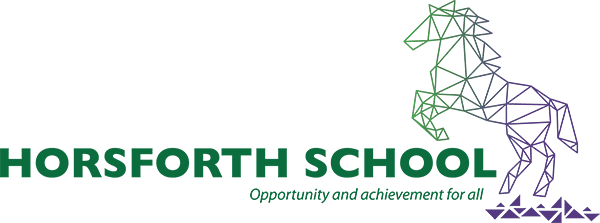Food Science and Nutrition (Level 3 Diploma)

Details
Qualification
Level 3 Applied DiplomaExamination Board
WJECSpecification
What Do I Need To Study This Course?
GCSE Food Preparation and Nutrition: Level 5 minimum. GCSE Science: Level 55 minimum.
What Will I Study?
Unit 1: Meeting Nutritional Needs of Specific Groups
You will be able to identify hazards and minimise risks when producing food to meet the nutritional needs of specific groups. You will learn about different types of nutrients and how those are used by the body to ensure you can plan a balanced nutritious diet. You will develop skills for preparing, cooking and presenting nutritious dishes that meet specific needs.
Unit 2: Ensuring Food is Safe to Eat
You will apply your knowledge of food safety and will be able to recommend the control measures that need to be in place, in different environments, to ensure that food is safe to eat.
Unit 3: Experimenting to Solve Food Production Problems (optional, students complete unit 3 or 4)
You will be able to apply your understanding of the properties of food in order to plan and carry out experiments. The results of the experiments would be used to propose options to solve food production problems. For example: Why does ice cream freeze? How do I stop cream curdling? How do I make cakes rise? Why do salad dressings separate?
Unit 4: Current Issues in Food Science & Nutrition (optional, students complete unit 3 or 4)
You will develop the skills needed to plan, carry out and present a research project on current issues linked to food science and nutrition. For example: are mass produced economy ready meals meeting the needs of individuals? Why is catering at events such as music festivals and sporting events usually so limited and unhealthy?
How Will I Be Assessed?
Year 12 Unit 1: Externally assessed examination 50% and internally assessed controlled assessment 50% (Written & Practical).
Year 13 Unit 2: Externally assessed 8 hour set task.
Unit 3 or Unit 4: Internally assessed controlled assessment task. (Written & Practical)


What Next?
An understanding of food science and nutrition is relevant to many industries and job roles. Care providers and nutritionists in hospitals use this knowledge, as do sports coaches and fitness instructors. Hotels and restaurants, food manufacturers and government agencies also use this understanding to develop menus, food products and policies that that support healthy eating initiatives.
By studying for this certificate alongside other relevant qualifications at Level 3 e.g. Biology, Physical Education or Sociology, learners will gain the required knowledge to use the qualification to support entry to higher education courses such as: BSc Human Nutrition, BSc (Hons) Public Health Nutrition, BSc (Hons) Food Science and Technology.
Suggested Reading List
Students would benefit from having an awareness of any issues relating to food in the national press. For example: teenage obesity rates or the rise in type 2 diabetes. An interest in finding and cooking new recipes through watching TV cooking programmes and recipe books is desirable.
